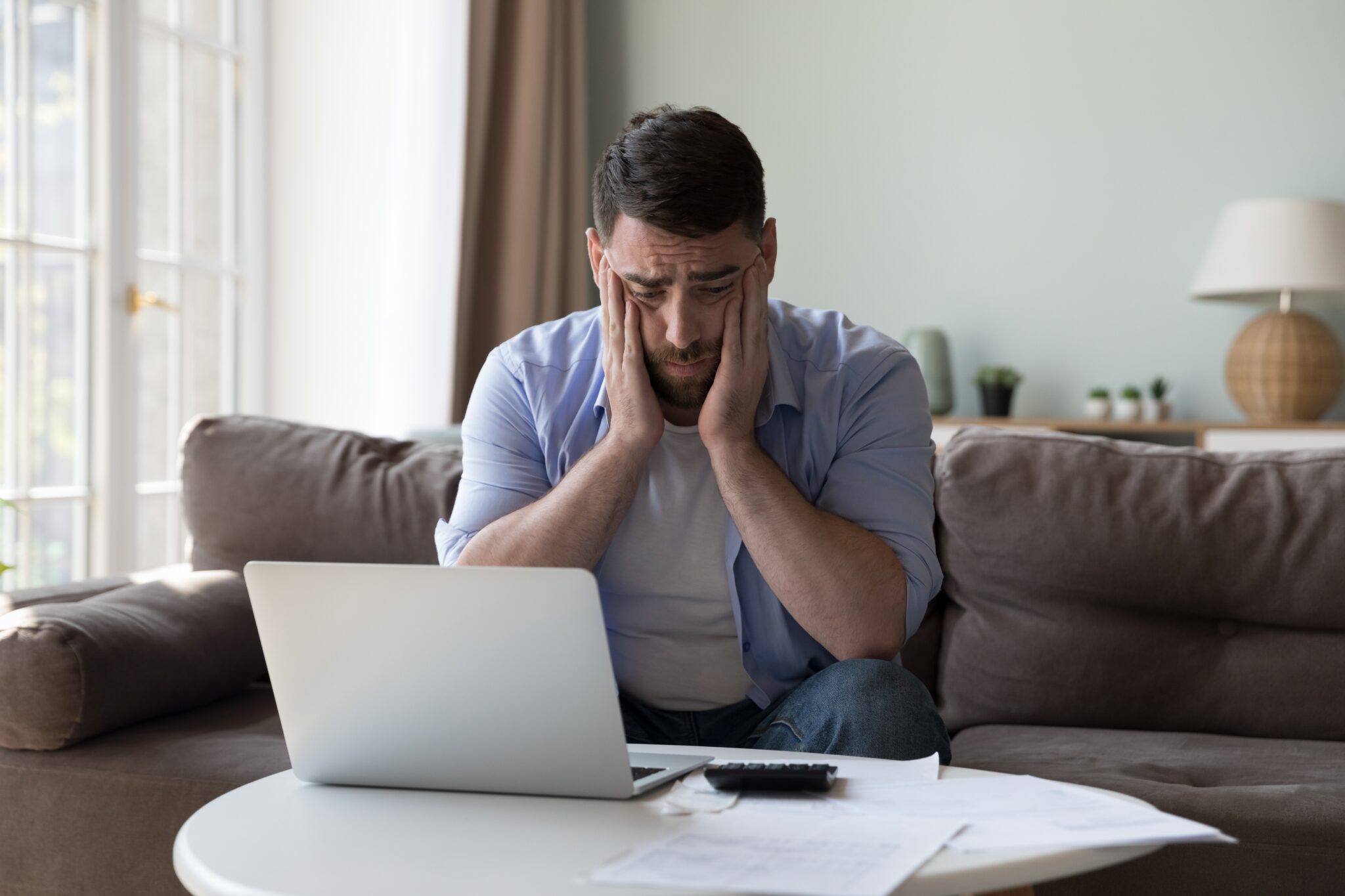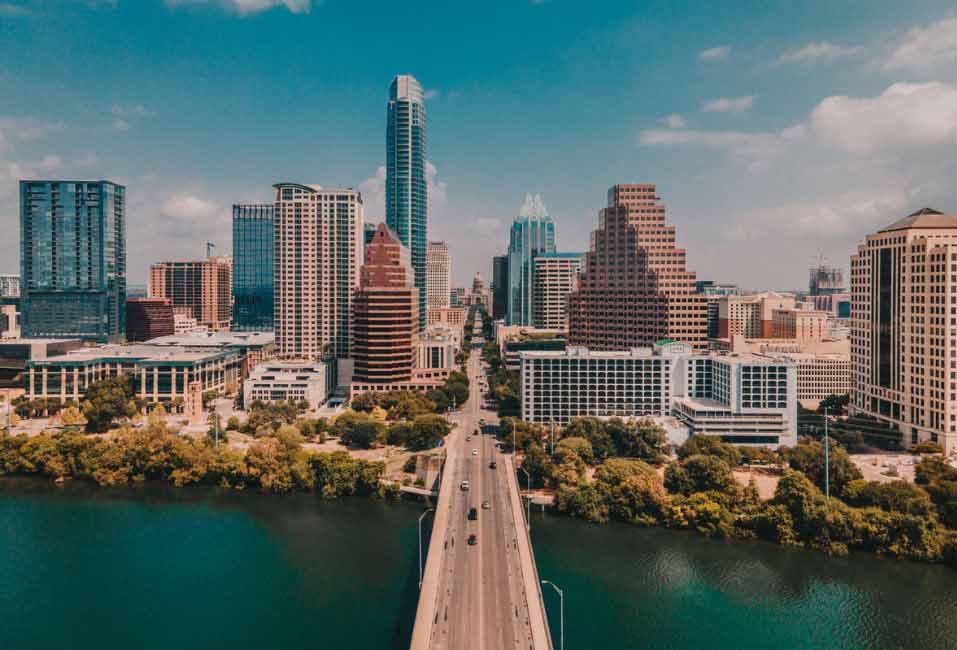
Fighting for Victims of Unsafe Property and Negligence in Austin
Texas premises liability law holds Austin property owners and businesses legally responsible when their negligence creates unsafe conditions that cause injury. Proving the owner had prior knowledge of the hazard is essential.
At LGR, our Austin premises liability lawyers fight to hold property owners accountable. Contact us today for a free, no-obligation consultation to protect your rights.
LGR’s Austin Dangerous Property Lawyers Are Ready to Fight for You
When you are seriously injured on someone else’s property, the owner and their insurance company will immediately argue they had no prior knowledge of the hazard or that you were at fault.
At LGR, our Austin premises liability attorneys are prepared for these defenses and initiate an aggressive investigation to prove the owner’s negligence.
Proving the Owner’s Knowledge
The key legal hurdle in a premises liability case is proving the owner had actual knowledge (they knew the hazard existed) or constructive knowledge (the hazard existed long enough that they should have known about it).
We use evidence like maintenance logs, employee testimony, surveillance footage, and inspection reports to defeat the common defense of “we didn’t know.”
Securing Maximum Catastrophic Damages
Premises liability claims often involve severe injuries like slip-and-fall-induced brain injuries or spinal trauma. We work with structural engineers and medical experts to link the property defect directly to your serious and catastrophic injuries.
This specialized evidence ensures we maximize compensation for all damages, including medical expenses, lost wages, and profound pain and suffering. We are ready to take negligent property owners to court.
Types of Premises Liability Claims We Handle in Texas
Premises liability law covers injuries that occur on another person’s commercial or residential property due to a hazardous or unreasonably dangerous condition. We handle a diverse range of complex claims across Terrel and Austin.
- Slip-and-Fall Accidents: Injuries caused by hazards like unmarked spills, wet floors, loose mats, uneven flooring, or defective sidewalks
- Negligent Security: Assaults, robberies, or attacks occurring in apartments, hotels, or parking garages due to inadequate lighting, broken locks, or a lack of security personnel in high-crime areas
- Apartment/Rental Property Hazards: Injuries to tenants or guests caused by failure to maintain safe rental units, including faulty stairs, broken handrails, poorly lit common areas, or structural defects
- Dog Bites and Animal Attacks: Claims filed when a dangerous animal attacks a lawful visitor on the owner’s property, where the owner had prior knowledge of the animal’s aggressive tendencies (“One-Bite Rule”)
- Swimming Pool Drowning Accidents: Injuries or death resulting from lack of required safety barriers (fences), unmaintained drains, or inadequate supervision at public or residential pools
- Fires, Explosions, and Electrocution: Injuries caused by preventable accidents stemming from faulty electrical wiring, gas leaks, or exposed components on the premises.
- Construction Site Injuries: Claims filed by third parties (non-employees) or visitors injured by hazards on a commercial construction site.
- Parking Lot and Sidewalk Defects: Injuries caused by unrepaired potholes, large cracks, or poor signage that creates a hidden danger for lawful visitors.
What Is Premises Liability in Texas?
Premises liability is the area of Texas law that governs the legal responsibility of a property owner or occupier for injuries that occur on their land due to an unreasonably dangerous condition.
Texas premises liability law does not mandate automatic, or strict liability. The accident must be the direct result of a hazard the owner failed to fix or warn against.
What Type of Knowledge Must the Owner Have?
The core legal element of a successful claim is proving the owner had knowledge of the danger. This knowledge can be:
- Actual Knowledge: The owner knew the hazard existed (e.g., they created the spill or received a direct complaint).
- Constructive Knowledge: The hazard existed for such a length of time that a reasonably prudent owner should have discovered it (e.g., a broken handrail for weeks).
Legal Status of the Victim: Invitees, Licensees, and Trespassers
The duty of care a property owner owes the injured party is legally defined by the visitor’s status at the time of the injury. This distinction is important for determining liability in Austin premises cases.
Invitees
This person is invited onto the property for the owner’s commercial benefit. (e.g., a customer in a grocery store). The owner owes the highest duty of care, which includes actively inspecting the premises and warning of or correcting all known and reasonably discoverable hazards.
Licensees
This person is on the property for their own benefit, with the owner’s permission (e.g., a social guest or relative). The owner’s duty is lower, requiring them only to warn the guest of known dangers—they generally don’t have to inspect the property.
Trespassers
This person is on the property without permission. The owner owes the lowest duty, generally only refraining from causing intentional, willful, or wanton injury.
However, the “attractive nuisance” doctrine offers protection for child trespassers if a hazard (like an unsecured pool) attracts them.
Compensation in Texas Premises Liability Claims
Victims of dangerous property conditions are entitled to damages, which aim to make them financially “whole” again. LGR focuses on maximizing recovery in both economic and non-economic categories.
Economic Damages
These quantifiable losses cover all measurable financial burdens resulting from the accident.
- Medical Expenses: Past, present, and future medical care, including surgeries, hospitalization, and rehabilitation therapy
- Lost Wages and Earning Capacity: Income lost during recovery and compensation for diminished future income if the injury results in permanent disability
- Property Damage: Cost to replace personal items damaged in the fall or incident
Non-Economic Damages
These intangible losses compensate for the subjective human impact of the injury.
- Pain and Suffering: Compensation for continuous physical pain and discomfort, including chronic pain, post-surgical recovery, and discomfort during daily physical activities
- Mental Anguish: Recovery for emotional distress, severe anxiety, PTSD, and trauma (such as vehophobia after a crash or a phobia of falling after a slip and fall).
- Disfigurement and Impairment: Damages for permanent scarring, visible burns, loss of a body part (amputation), and lasting physical impairment that inhibits normal bodily function or mobility
- Loss of Enjoyment of Life: Compensation for the diminished ability to participate in or find pleasure from activities that were central to the survivor’s life before the injury, such as hobbies, sports, exercise, or family recreational activities.
- Loss of Consortium: Damages awarded to the victim’s spouse for the detrimental impact the injury has had on the marital relationship, including loss of companionship, affection, and spousal support.
Punitive Damages
Punitive damages may be available in limited cases if the property owner’s conduct was grossly negligent—meaning they had an extreme and conscious disregard for the safety of others (e.g., ignoring repeated warnings about a known, fatal defect). These damages are designed to punish the owner and deter future reckless behavior.
Common Injuries Suffered on Dangerous Properties in Austin
Injuries sustained in Austin premises liability cases are frequently severe because the accident occurs suddenly, often involving a fall from height or contact with dangerous electrical or chemical hazards. The complete lack of warning prevents the victim from bracing themselves, leading to maximum trauma.
- Spinal and Back Injuries: Caused by falls on broken stairs, collapsed decks, or slipping on wet, unmarked floors. Injuries range from herniated discs to severe spinal cord injury (SCI) resulting in paralysis
- Hip and Bone Fractures: Extremely common in slip and fall incidents, particularly among older adults. Fractures to the hip, ankle, or wrist often require surgery and can result in permanent mobility impairment.
- Head and Brain Trauma: Falls are a leading cause of Traumatic Brain Injuries (TBIs). Even a seemingly simple slip can cause a concussion or brain hemorrhage if the head strikes the floor or an object.
- Electrocution and Burns: Injuries caused by exposed wiring, faulty appliances, or ungrounded systems in pools or common areas, leading to severe internal and external burns.
- Dog Bites and Attacks: Severe lacerations, nerve damage, and disfigurement, often leading to complex plastic surgery needs and emotional trauma (PTSD).
Premises Liability FAQ
What evidence is critical to securing immediately after an injury on someone’s property?
What is the main defense used by property owners to deny liability?
Does the insurance company for the property owner usually settle or go to trial?
